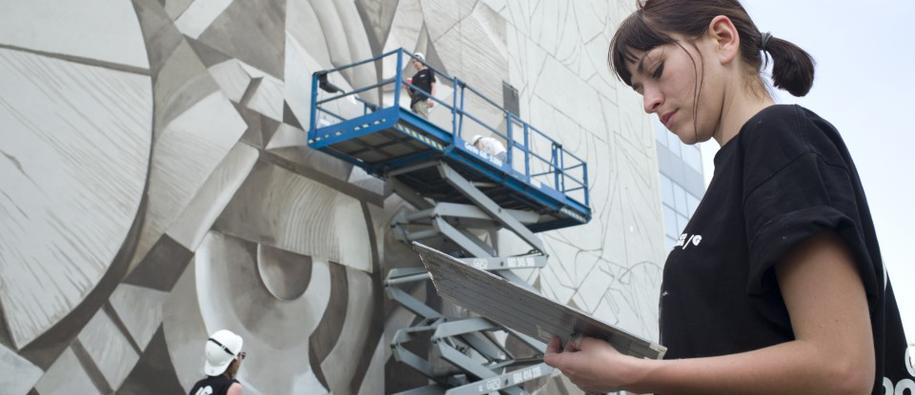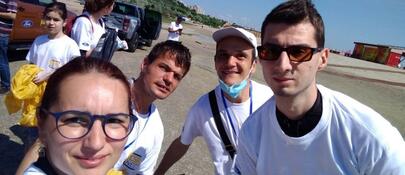
The Challenge
Almost 10 million young people in Europe are not in employment, education or training. Unemployment among youth is a shared European challenge. It puts young people at risk of poverty, prevents them from fully participating in society, and it can take a toll on their health, wellbeing and professional future. The COVID-19 pandemic has seriously affected the labour market possibilities of young people.
Lack of jobs
Despite positive tendencies in recent years, many young people in Europe still struggle to find quality jobs. On average, 16.8% of persons aged between 15 and 24 were unemployed in 2020, a figure even higher in the Euro area.
Risk of social exclusion
Unemployment puts young people at risk of poverty and prevents them from fully participating in society. This can take a toll on their health, wellbeing and professional future.
Unequal social and economic development in Europe
Besides being a waste of human potential and talent, youth unemployment poses a serious threat towards an equal social and economic development in Europe.
Discrimination of vulnerable groups
Young people with disabilities and mental health disorders are especially vulnerable in the job market, as they have usually been unemployed for long periods of time and discouraged from seeking work. Other minority groups, like disabled people or ethnic minorities, also experience discrimination.
Our Approach
Our goal
We aim to combat youth unemployment in Europe.
How?
The €60.6 million Fund for Youth Employment complements the Youth Employment Initiative, which is the main EU funding programme to facilitate the roll-out of the Youth Guarantee –a commitment by all EU Member States to ensure that young people receive good quality offer of employment, continued education and apprenticeship.
The 25 projects selected in 2018 with participants from 25 countries aim to enrol 15 000 young people in education or training, support 14 000 young people in active job search, create 3 000 jobs in NGOs, social enterprises and the ordinary labour market, and help 1 800 young people start up their own businesses. The projects focus on innovation and exploration, transfer of know-how and good practices, and analysis and research – including transnational research.
On 1 September 2020 we launched a new call with €11.5 million available for transnational projects with partners from the 15 Beneficiary States, as well as organisations in Ireland, Italy and Spain. The funding is reserved for initiatives seeking to ensure access to employment, education or training for:
- Young people not in employment, education or training (NEET) who are between 25 and 29 years old and live in small towns, suburbs or in rural areas;
- Young mothers not in employment, education or training (NEET) who are between 25 and 29 years old; and
- Long-term unemployed people who are between 25 and 29 years old.
The selection process is now completed, and the contracting of the lead partners has begun. Find out more about the selected projects and partners here.
Discover everything about the Youth Employment Fund with this Online Magazine.
Creating partnerships
Projects supported under the Fund are expected to benefit young people within the 15 beneficiary countries of the EEA and Norway Grants, as well as Ireland, Italy and Spain. Partnerships are an excellent way to share experience and know-how.
Projects include partners from other EU member countries, donor countries and international organisations. In total, 17 expertise partners from Iceland and Norway provide support and share expertise and knowledge with all the partners involved in the Fund.




